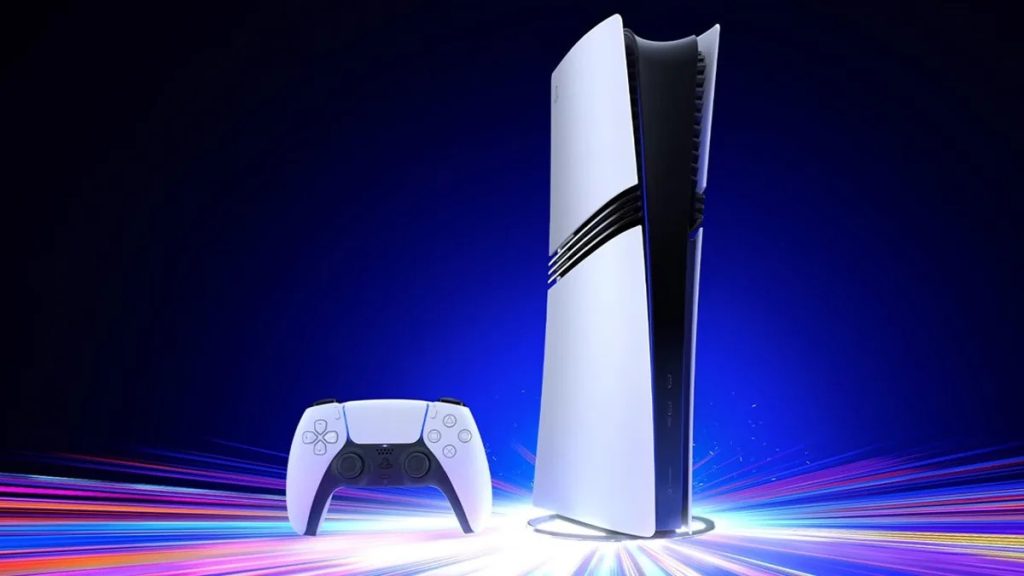It wasn't too long ago that we first began hearing that Intel was in talks to provide chips for next-gen home consoles from the likes of Microsoft and Sony. However, it appears that both sides will be moving forward with their continued partnerships with AMD. A new report this week claims that disputes over price and backwards compatibility led to the end of Sony's talks with Intel for the PlayStation 6.
Citing sources familiar with the matter, Reuters reports that after a bidding period, Sony has now landed on AMD for its next-generation SoC for the PlayStation 6. The console, which has been in the planning phases since 2022, is widely expected sometime in 2028, although some analysts estimate an earlier 2027 launch date for next-gen consoles. That may be too quick of a turnaround for the PlayStation 6 given that Sony just announced the PS5 Pro this week.
The Reuters report claims that backwards compatibility was a big part of the reason behind Sony's decision to stick with AMD, and it is even hinted that the PlayStation 6 will have its own dedicated backwards compatibility chip, reminiscent of the original PlayStation 3, which housed a secondary processor for running PS2 games. However, I am unsure why the PS6 would need such a chip, given that most games nowadays are built to carry over to future generations of hardware.
Sony is expecting a big year for the PS5 in 2025, aided largely by the impending launch of Grand Theft Auto 6, a game that is sure to get those still on PS4 to make the jump to the current generation hardware.
Discuss on our Facebook page, HERE.
KitGuru Says: I would have been very surprised if either next-gen console from Sony or Microsoft packed non-AMD hardware. Similarly, I think we'd be surprised if Nintendo moved away from Nvidia after the success of the Switch.
 KitGuru KitGuru.net – Tech News | Hardware News | Hardware Reviews | IOS | Mobile | Gaming | Graphics Cards
KitGuru KitGuru.net – Tech News | Hardware News | Hardware Reviews | IOS | Mobile | Gaming | Graphics Cards



